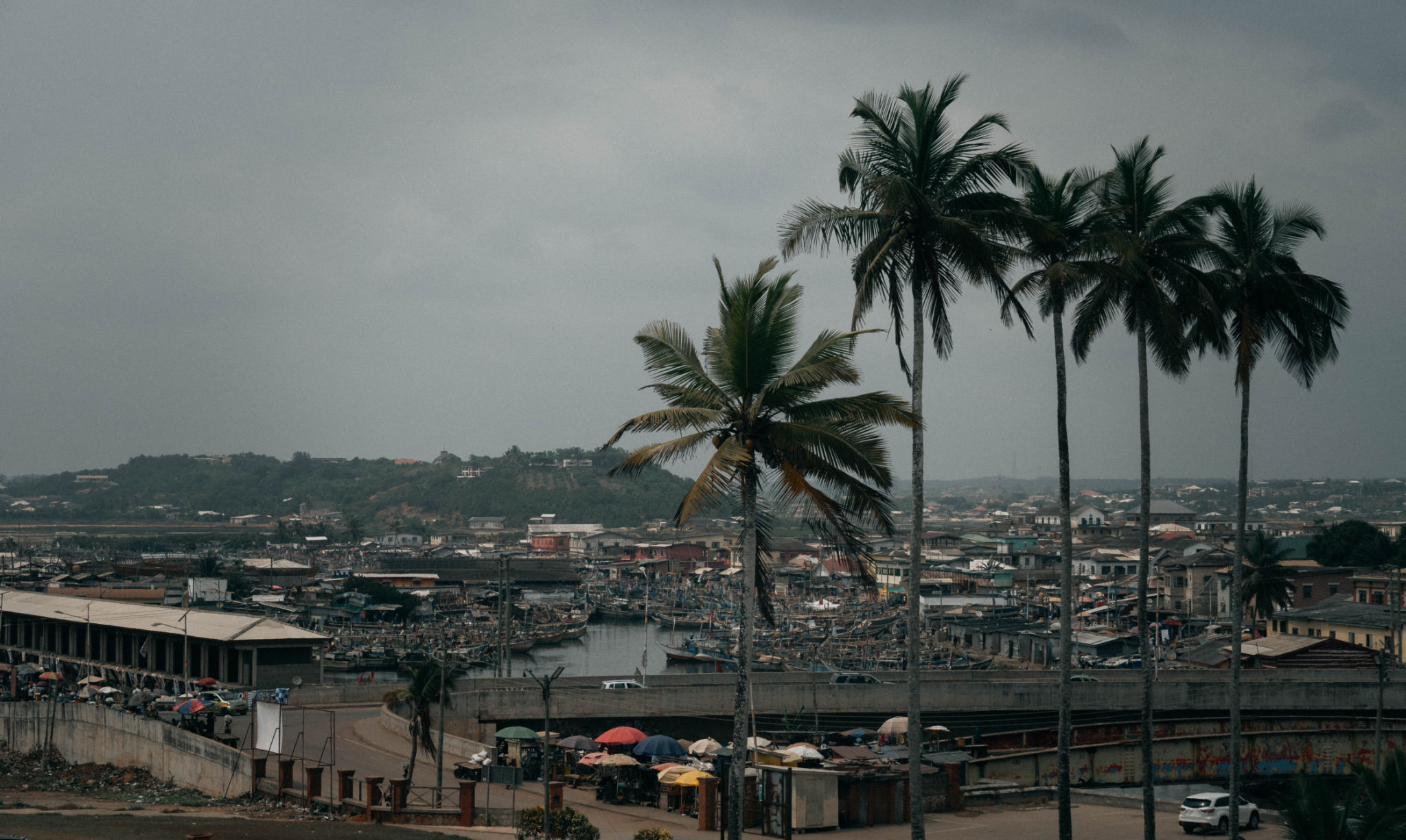The Role of NGOs in Preserving Ghana's Coastline
Introduction to Ghana's Coastline
Ghana's coastline stretches over 500 kilometers, offering a unique blend of biodiversity and cultural heritage. This rich coastal region is home to numerous species of wildlife, vibrant fishing communities, and historical sites.
However, this precious natural resource faces significant threats from human activities and climate change. To combat these challenges, Non-Governmental Organizations (NGOs) play a crucial role in preserving and protecting Ghana's coastline.

NGOs: Guardians of Coastal Biodiversity
One of the primary roles of NGOs in Ghana is the preservation of coastal biodiversity. They engage in various activities aimed at protecting endangered species and ecosystems. These organizations conduct research to monitor biodiversity and implement conservation programs tailored to specific needs.
By collaborating with local communities, NGOs help raise awareness about the importance of biodiversity and promote sustainable practices. This collaboration ensures that conservation efforts are effective and sustainable in the long term.
Community Engagement and Education
NGOs are instrumental in educating coastal communities about the environmental impacts of their activities. Through workshops, seminars, and outreach programs, NGOs empower local residents with knowledge and skills to adopt environmentally friendly practices.

Combating Coastal Erosion
Coastal erosion is a significant threat to Ghana's coastline, driven by natural processes and human interventions. NGOs are actively involved in efforts to combat erosion by implementing projects that stabilize shorelines and protect habitats.
These organizations often use innovative solutions such as planting mangroves, which help reduce erosion and support marine life. By advocating for policy changes and working with government bodies, NGOs strive to create lasting solutions to coastal erosion.
Promoting Sustainable Fishing Practices
Sustainable fishing is vital for the health of Ghana's coastal ecosystems. NGOs work closely with local fishermen to promote practices that reduce overfishing and bycatch. They introduce alternative livelihoods to lessen dependency on fishing, ensuring economic stability for coastal communities.

Addressing Pollution Challenges
Pollution poses a severe threat to Ghana's coastline, with plastic waste and industrial pollutants significantly impacting marine environments. NGOs lead clean-up campaigns and conduct pollution assessments to mitigate these effects.
By fostering partnerships with industries and advocating for stricter regulations, NGOs aim to reduce pollution levels and enhance the health of coastal waters.
The Importance of Policy Advocacy
NGOs play a vital role in shaping environmental policies that protect Ghana's coastline. They engage in advocacy efforts to influence policy changes at national and international levels. By providing data-driven insights and recommendations, NGOs help ensure that environmental policies align with conservation goals.
Conclusion
The role of NGOs in preserving Ghana's coastline is multifaceted and essential. Through conservation efforts, community engagement, policy advocacy, and collaboration with stakeholders, these organizations are pivotal in safeguarding the future of this invaluable natural resource.
The continued support for NGO initiatives is crucial for the long-term preservation of Ghana's coastline, ensuring that it remains a vibrant and thriving ecosystem for generations to come.